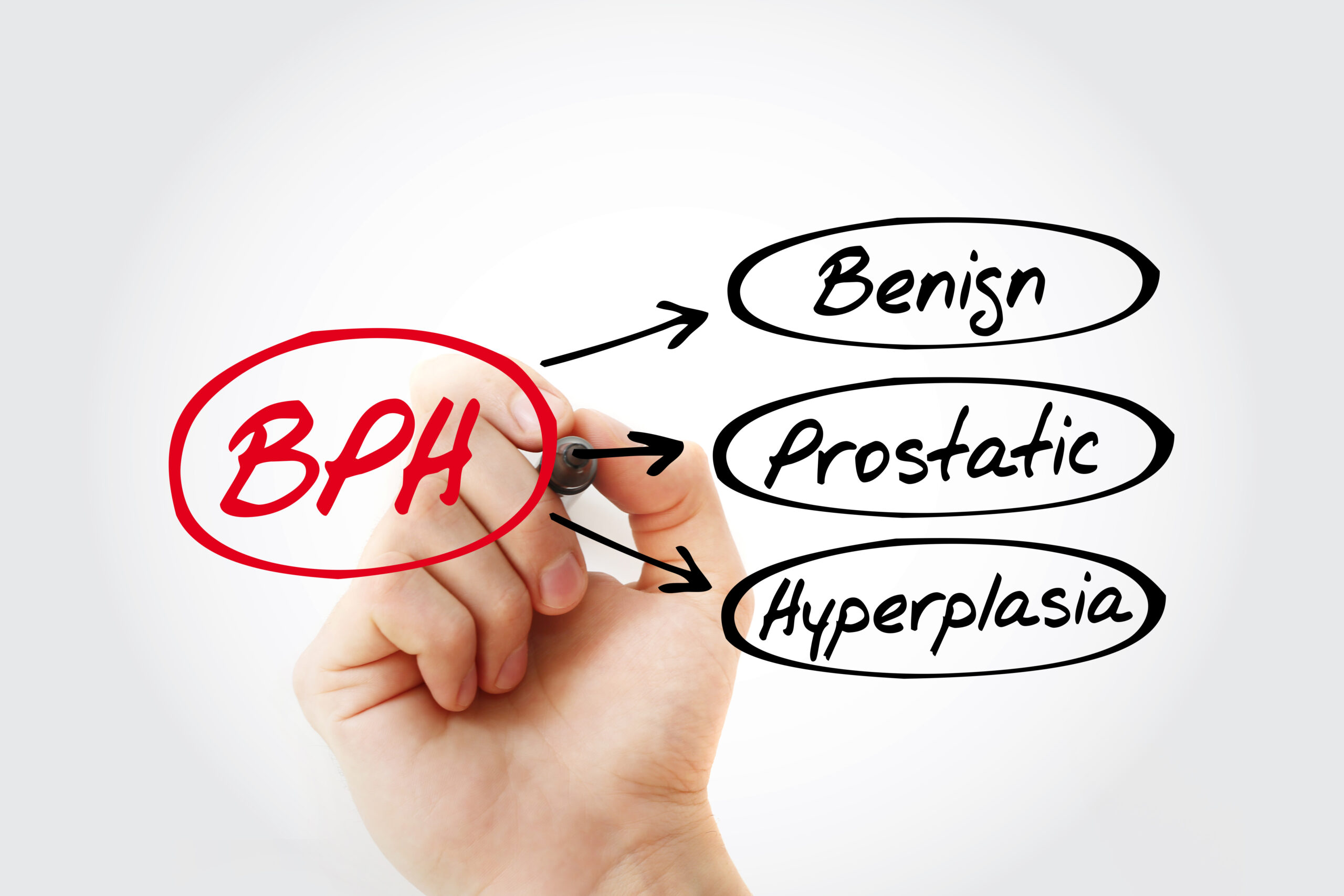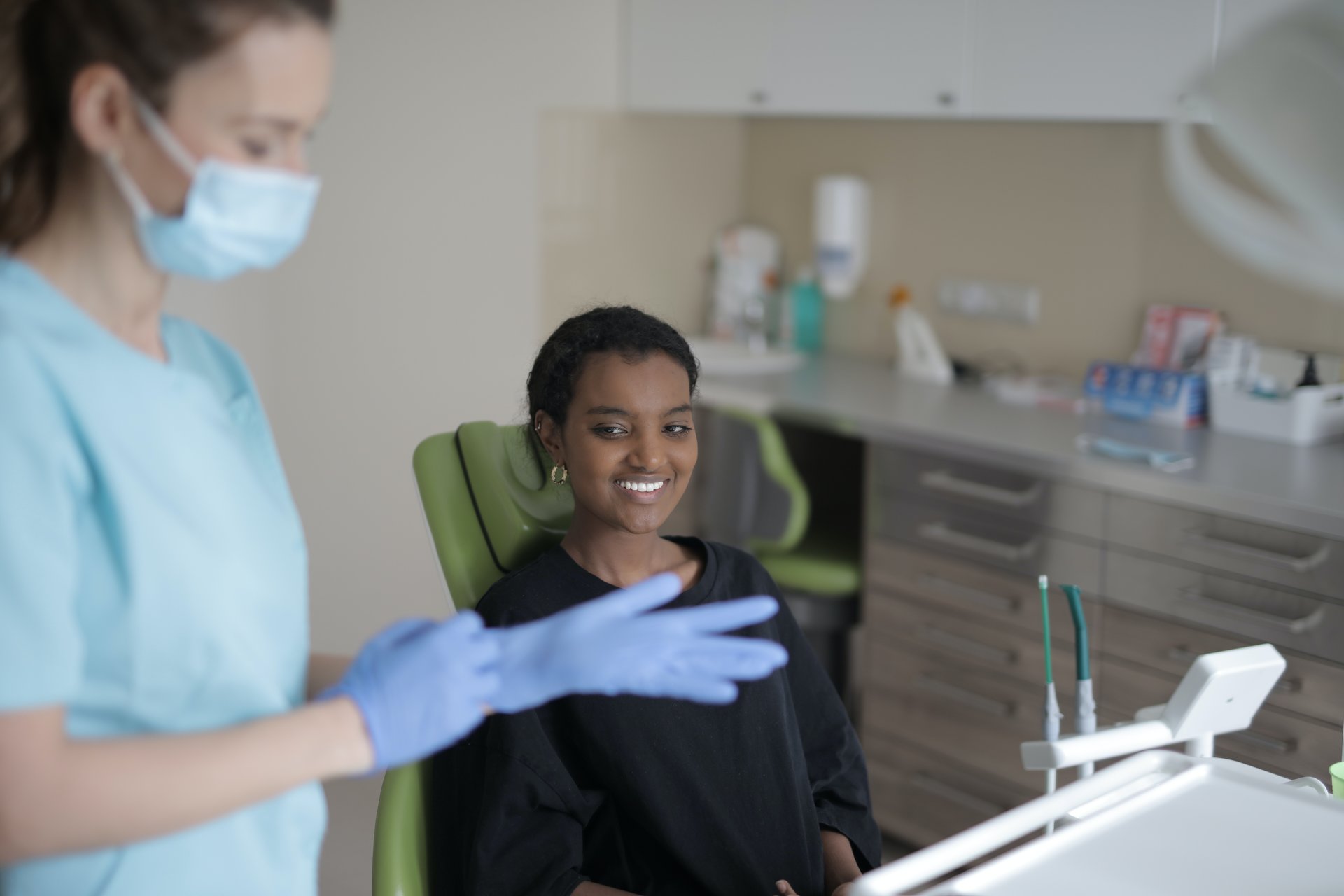Prostatitis is a urologic problem that involves the swelling and inflammation of the walnut-sized gland below the bladder known as the prostate. As the prostate gland is part of the male reproductive system, this condition only afflicts men and is more commonly seen in males 50-years-old and younger.
There are two types of prostatitis: Chronic Prostatitis—also known as Chronic Pelvic Pain Syndrome—and Acute Bacterial Prostatitis. Both conditions involve pain in the prostate and difficulty urinating, but they vary by cause, duration, and overall treatment.
Chronic prostatitis occurs more commonly and can last for prolonged periods of time—usually spanning from a few weeks to several months. Symptoms of this type include:
Chronic prostatitis is commonly not considered an infection, but it is not unheard of for bacteria to cause it. Chronic bacterial prostatitis is incredibly rare, and comes and goes over a long period of time—usually lasting around three months. In addition to the symptoms experienced with chronic non-bacterial prostatitis, some may experience the following:
Acute bacterial prostatitis, on the other hand, is classified as a bacterial infection. Symptoms of this can be more severe and sudden—so it is recommended to see a urologist immediately when symptoms emerge. Symptoms of this include the following:
Tracking the cause of prostatitis can be a bit difficult, but it is often brought by a bacterial infection, inflammation from an injury, and nerve damage around the prostate. Stress, nerve irritation, injuries, or past urinary tract infections can also cause prostatitis or increase the chances of contracting it.
Treating prostatitis depends on the type that you have. For those developed through bacterial infections, taking anti-biotics is often enough to do the trick. For the more chronic, non-bacterial forms, however, pain-relief measures such as taking alpha-blockers, prostatic massages, and acupuncture can help alleviate the symptoms. In more severe cases, a lifestyle-change might be warranted or even surgery on the urethra or prostate.
To have the quickest and most sure-fire way of treatment, however, consult with a reputable urologist for diagnosis. They will first have to determine how your prostatitis began, which involves a series of questioning about the circumstances of your prostate.
To assure the nature of your condition, they may have to perform a digital rectal exam (DRE), a transrectal ultrasound, or use a cystoscope to take a closer look at your prostate. For a clearer picture, they may also have to take a urine sample to examine the bacterial content within your body.
When feeling pain around your pelvis or directly on your prostate, then a consultation with a urologist may be necessary. Early diagnosis is necessary for proper treatment to be employed—else, the condition may worsen and develop into more serious conditions.
At University Urology Associates of New Jersey, we provide information and treatments to anything related to urology. Get in touch with us today and consult with a urologist in New Jersey.
Disclaimer: All content found on the UUANJ.COM Website, including text, images, audio, or other formats were created for informational purposes only. The content is not intended to be a substitute for professional medical advice, diagnosis, or treatment. Always seek the advice of your physician or other qualified health providers with any questions you may have regarding a medical condition. Never disregard professional medical advice or delay in seeking it because of something you have read on this website. If you think you may have a medical emergency, call your doctor, go to the emergency department, or call 911 immediately.


